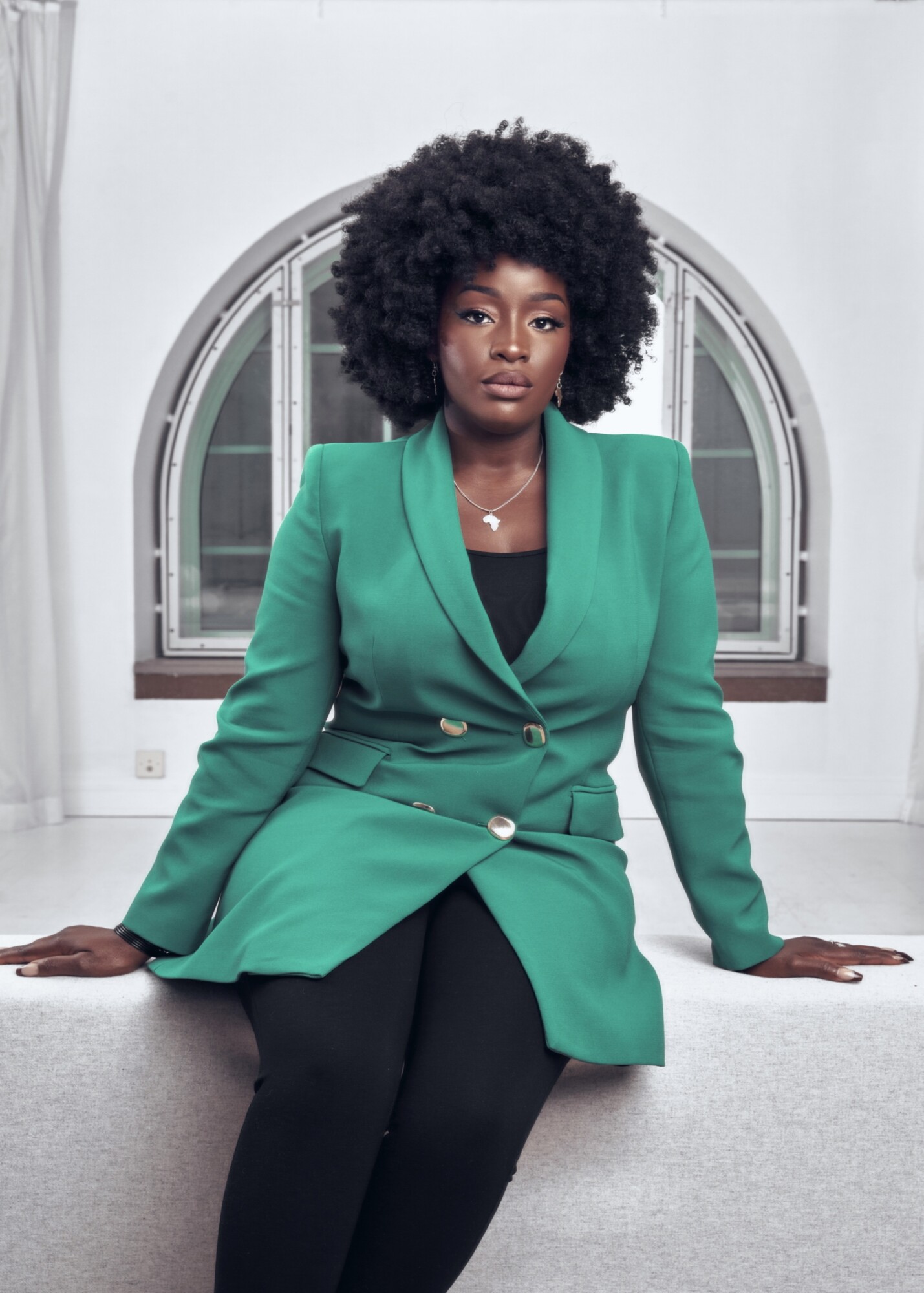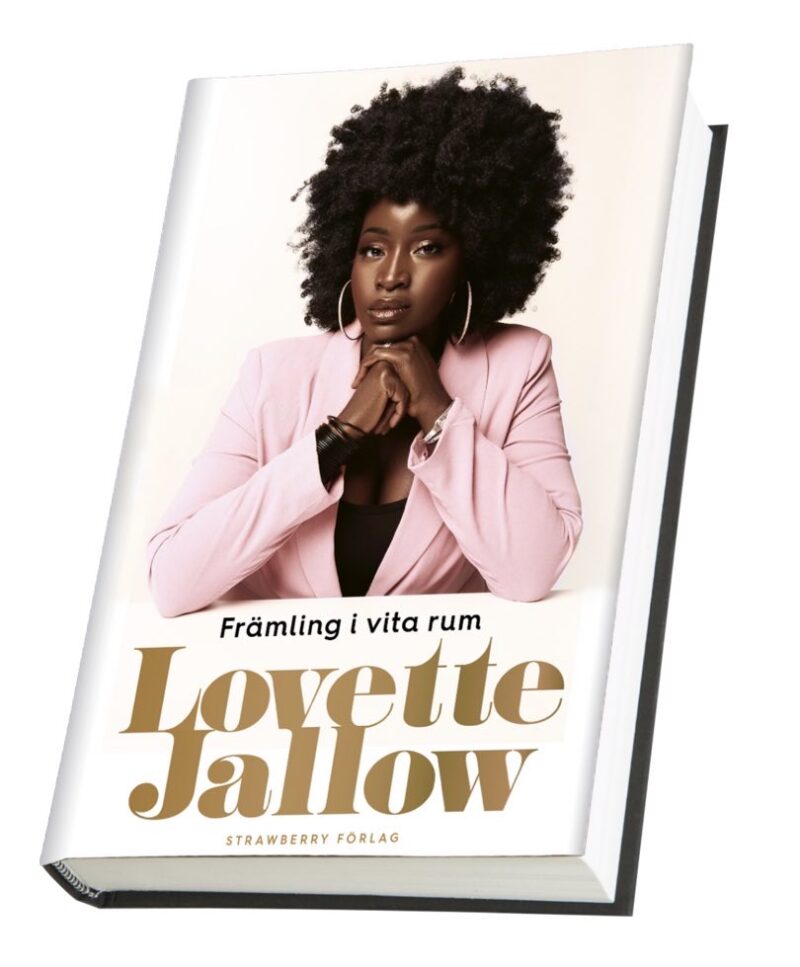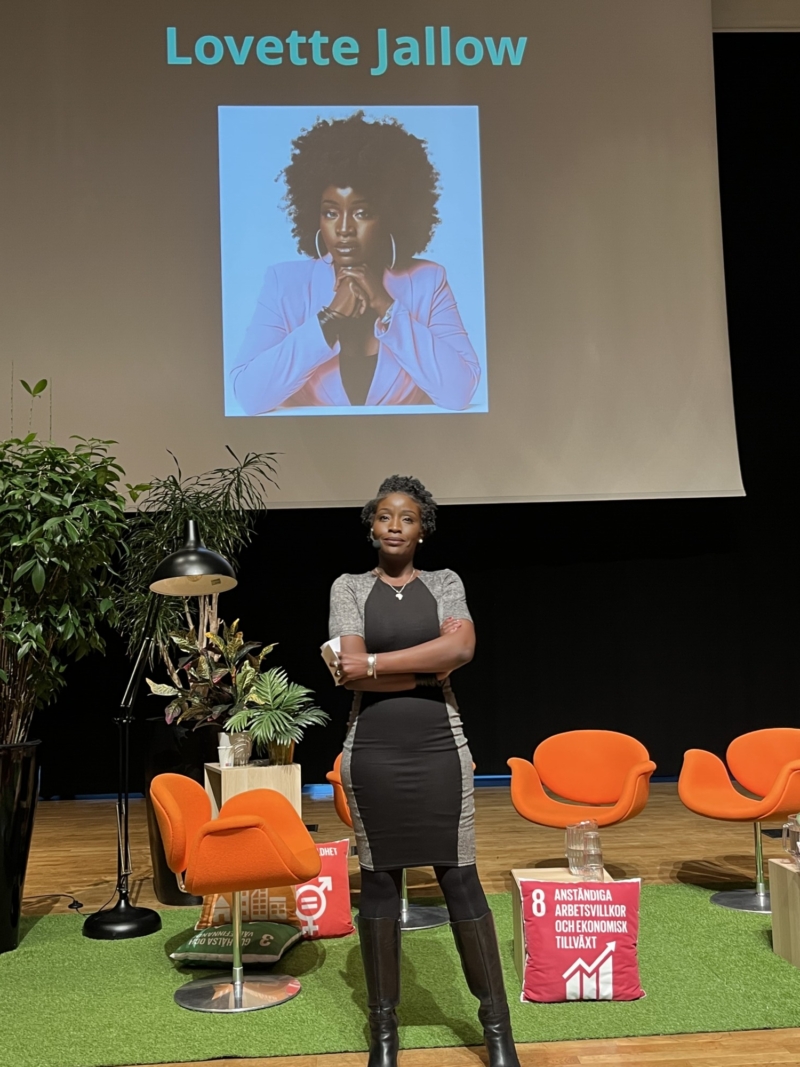My Experience: Lovette Jallow’s Journey with Natural Hair and Workplace Inclusion
I vividly remember the discomfort of going into the workplace with my natural hair, only to face insensitive racialized remarks from colleagues and superiors. Power dynamics were at play, and it wasn’t uncommon for individuals to make unwelcome physical gestures towards my hair, tugging and pulling at it without regard for my boundaries or consent.
One particularly disheartening incident involved a white female colleague who grabbed at my natural hair. When I politely asked her to refrain from doing so, she reacted with upset, unable to comprehend why her actions were inappropriate. In an attempt to educate her, I sent an email explaining the historical context and significance of my hair to Black identity, along with links to relevant articles. However, instead of fostering understanding, my effort led to being reprimanded by HR for upsetting her.
These experiences underscore the pervasive nature of power dynamics and microaggressions in the workplace, taking a toll on individuals who simply seek to present themselves authentically.
At that time, HR sided with her, making excuses for her actions and emphasizing her curiosity over my humanity and rights to my own body. Despite ongoing discussions about consent (samtycke) and workplace lectures on the topic in Sweden, as a Black woman, I was not afforded that respect. She claimed that my significant social media platforms and voice made her scared of me, a tactic white women often use and weaponize in the workplace against Black and brown people. HR prioritized her comfort above mine and also added that I couldnt speak on this matter publicly.
Eventually, I was let go with a severance package I used to start my own business and forced to sign a non-disclosure agreement (NDA) to prevent me from speaking about the incident. They forgot my law background as their image of me can ever only align with stereotypes. That NDA also stops applying end of this month. However, I still wrote about it in my book and plan to release more information about the workplace in due time.
Looking at my current headshots, adorned with my natural hair, fills me with a sense of pride, joy, and peace. I shared this on LinkedIn with positive responses from other Black women in similar situations in corporate. It’s a reminder of the journey I’ve undertaken towards self-acceptance and empowerment. Yet, my wish extends beyond myself—I hope for a world where all Black individuals, regardless of gender, can embrace their natural selves without fear or hesitation.
Ironically, she and the HR personnel now share LinkedIn posts supporting gender equality, missing the point of their actions that led me to leave while she stayed. The question is:
AIN’T I A WOMAN?
– Sojourner Truth
Fortunately, I now find myself in a position of more privilege, able to work for myself and collaborate with companies to dismantle systems that perpetuate harm against individuals like me.
Taking Action and Inspiring Change
In my book Främling i Vita Rum (Stranger in White Rooms), I analyse the intricacies of racism and discrimination within the Swedish corporate world. I provide my personal experiences of being reprimanded after violations of my body and hair by colleagues and provide insights into the legal process of reporting discrimination beyond HR channels. Hence, individuals know the process of how to advocate for themselves effectively.
Moreover, I discuss strategies for recognizing and naming the systemic barriers and exclusions marginalised groups face. Mental health and self-care are also central themes, emphasizing the importance of prioritizing well-being amidst challenging circumstances.
Ultimately, my goal is to encourage workplaces to adopt more inclusive practices, fostering environments where difficult conversations can be had and meaningful action can be taken to create positive change.
Conclusion
In conclusion, my journey of embracing my natural hair has been fraught with setbacks professionally, enabling me to reclaim my identity and it has resonated with others who face similar challenges. Through education, empowerment, and collective action, I remain hopeful for a future where authenticity and inclusivity are valued above all else.
Is your organization ready to embrace inclusion as a natural part of your workplace? Something that should be a natural and integral part of inclusion and belonging but is often overlooked.
Discover Lovette’s innovative approaches and gain valuable insights from her enlightening books, including ‘Främling i Vita Rum (Stranger in White Rooms).
Visit Lovette’s website to learn more about her comprehensive services and empowering resources today.




